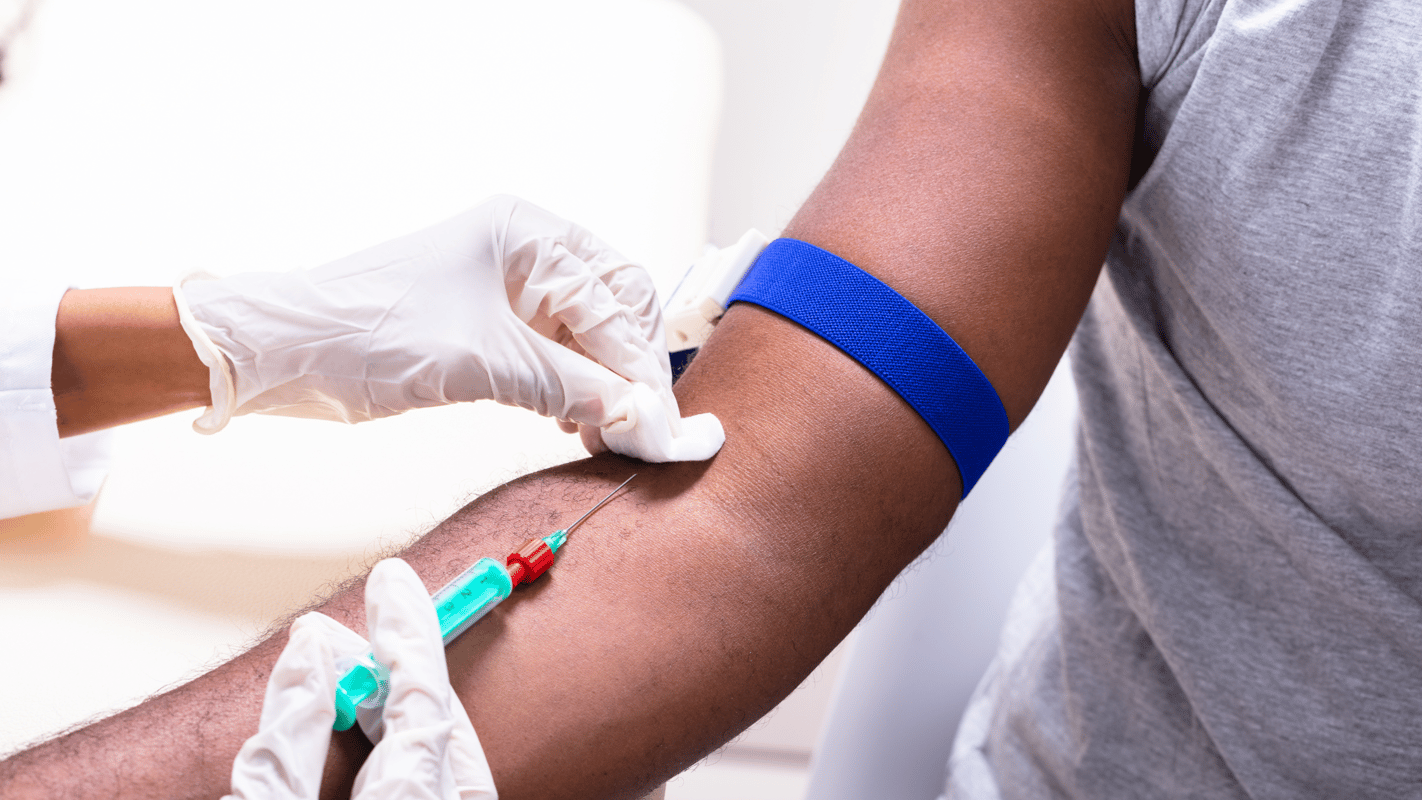How to Become a Phlebotomist in District of Columbia

Want personalized recommendations?
Let's match you to the right program

What is Phlebotomy?
Phlebotomy is the practice of drawing blood from patients for medical testing, transfusions, research, or blood donations. Phlebotomists are responsible for collecting blood samples, labeling them accurately, and ensuring the safety of both the patient and themselves during the process.
Article continues after recommendations
Recommended for you
Where does a Phlebotomist work?
Phlebotomists typically work in hospitals, clinics, doctor's offices, blood donation centers, and diagnostic laboratories. They may also work in nursing homes, research facilities, or mobile blood collection units.
How to Become a Phlebotomist in District of Columbia?
To become a Phlebotomist in District of Columbia, one must first complete an accredited phlebotomy program, which typically takes 4-8 weeks. Next, they must obtain a phlebotomy certification, such as the Certified Phlebotomy Technician (CPT) credential. Once certified, they can search for phlebotomy jobs and earn a competitive salary in the healthcare field.
What are the requirements to become a Phlebotomist in District of Columbia?
To become a Phlebotomist in the District of Columbia, you must complete a state-approved phlebotomy training program, which typically takes 4-8 weeks to complete. You must also pass a national certification exam, such as the one offered by the National Phlebotomy Association or the American Society of Phlebotomy Technicians.
Where can I find Phlebotomy classes in District of Columbia?
In the District of Columbia, you can find Phlebotomy classes through Dreambound, which is the largest platform for students to find and compare vocational training programs. Dreambound can help you locate Phlebotomy classes near you and provide information about the program's curriculum, cost, and accreditation.
Exploring a Career in Phlebotomy Outside District of Columbia
For anyone looking to become a Phlebotomist but is in a different state, your opportunity to work as a Phlebotomist might be found in Hawaii, Massachusetts, New York, Utah, or Wyoming. Should these not be viable options, Dreambound eases the process of discovering and comparing Phlebotomy classes with a zip code-based search. With the drive to succeed and the support of resources like Dreambound, anyone can forge a successful path in healthcare, no matter where they are.
Get courses selected just for you
Try our powerful search engine
Article continues after recommendations
More recommendations for you
How do I get my Phlebotomy certification?
After completing a Phlebotomy training program, you will need to pass a national certification exam to become a certified Phlebotomist. The most common certifications are the Phlebotomy Technician Certification (PTC) and the Certified Phlebotomy Technician (CPT) credential.
How do I get a job as a Phlebotomist?
To get a job as a Phlebotomist, you can search for openings at hospitals, clinics, diagnostic laboratories, and blood donation centers in the District of Columbia. Many employers prefer to hire certified Phlebotomists, so having a valid certification can give you a competitive edge.
Career Paths and Opportunities after Becoming a Phlebotomist
With a Phlebotomy certification, you can pursue various career paths, such as working as a Phlebotomist in a hospital or clinic, becoming a mobile phlebotomist, or even advancing into a supervisory or management role. Some Phlebotomists also choose to further their education and become medical assistants, nurses, or laboratory technicians.
Final Thoughts
Becoming a Phlebotomist in the District of Columbia can be a rewarding and in-demand career. With the right training, certification, and job search strategies, you can start your journey towards a fulfilling career in the healthcare industry.
If you're someone who values exploring multiple career options and wants to find the best match for your interests, feel free to check out these additional articles:

Athena is Co-founder and CEO of Dreambound.




